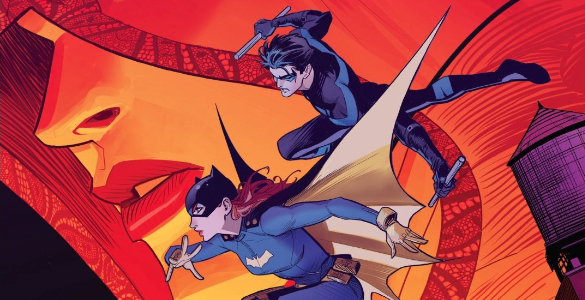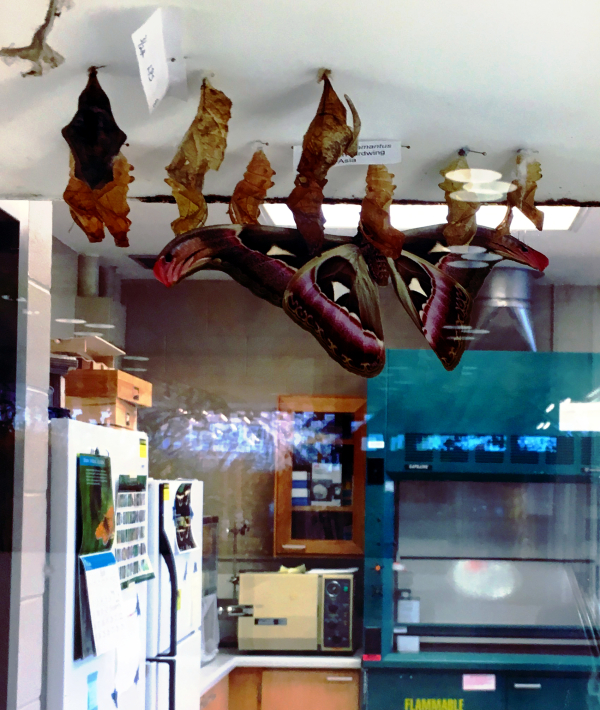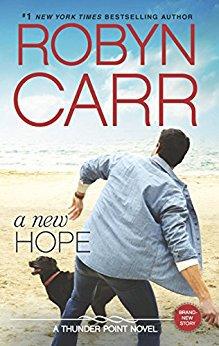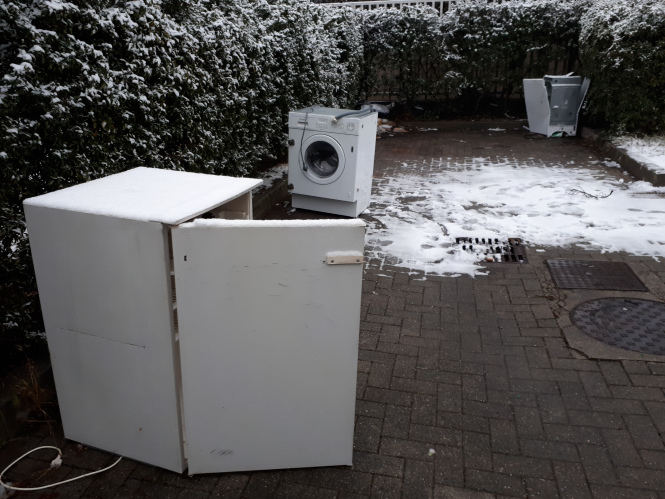By Drew Baumgartner

This article contains SPOILERS. If you haven’t read the issue yet, proceed at your own risk!

Guys, I love American Vandal. It’s sendup of Netflix-style documentaries is spot-on, but the thing I love most about it is just how accurately it captures teen life. It renders the goofiness and triviality of high school life in intricate, loving detail, fixating on details that is both hilarious and instantly familiar. But at the center of all the dick jokes and awkwardness is the very real disconnect between the impulsive actions of teens and the logical analysis of adults. What’s more, it examines how the “seriousness” that adults adopt maybe leads them to dismiss important details (like the absence of “ball hairs” on graffiti dicks) that a teen — who actually takes those details seriously — wouldn’t. It makes a rather compelling case for teens as the best detectives for teen-related crimes, as they’re more sensitive to the heightened emotional states and subtle social cues of their fellow teens and more immune to the idea that those details are irrelevant. Hope Larson tilts at something similar in Batgirl 16, suggesting that Babs and Dick might have actually been better detectives when they were younger.
Before I go on, I should add the big fat caveat that they’re almost certainly better tacticians now — they certainly wouldn’t charge into Mad Hatter’s lair so impulsively — and that tactics are obviously important to detective work. The investigators in American Vandal fall into similar pitfalls when dealing with adults, lacking more mature social graces and the ability to communicate the importance of these seemingly silly pieces of evidence, but their dogged pursuit of the truth serves them well, nonetheless. (I should mention that I haven’t finished American Vandal, so I have to admit the possibility that these kids are just chasing their own tails, but I like their hustle either way.)
Anyway, it’s in the past that Babs and Dick make the most progress with their investigation, figuring out the nature of Ainsley’s work before sussing out her true motives and ultimately trying to “save” her from the Mad Hatter. It’s simple and direct — perhaps naively so, given what we know of Ainsley’s ultimate fate — but it feels like more forward motion than the present day investigation, which allows the Red Queen to narrowly escape their grasp. They’ll probably be more effective in the end, but it’s hard not to root for the gumption of those kids, however ill advised it may be.

The conversation doesn’t stop there. What do you wanna talk about from this issue?
Advertisements Share this:





